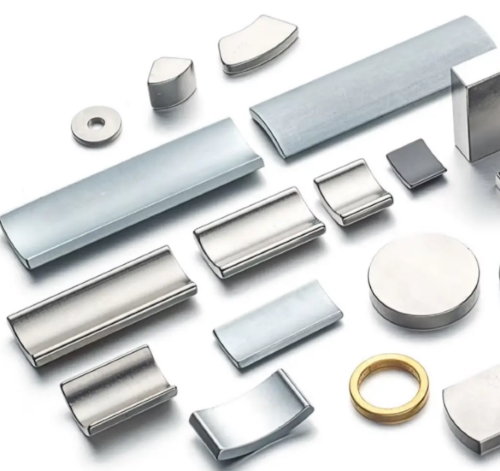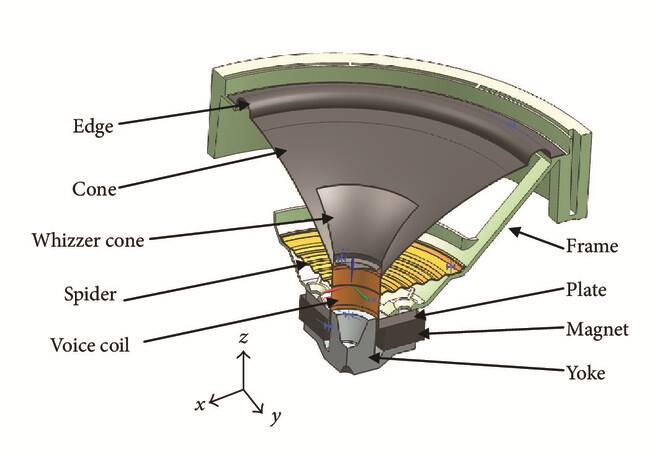What Happens When the Magnet Melts?
Many people who are new to the world of magnets may have such a question: what happens when the magnet melts? In this article, we will try to answer this question. But before answering the above questions, let's figure out why magnets are magnetic.  What Happens When the Magnet Melts?
What Happens When the Magnet Melts?
Under normal circumstances, most substances are not magnetic. Because the substance is mainly composed of atoms, and atoms are composed of atomic nuclei and extranuclear electrons. There are positively charged protons in the nucleus, while the electrons are negatively charged, and the two electric properties cancel out, so the atom is neutral. In addition to being negatively charged, electrons are also magnetic, but the order of electrons in most atoms is very chaotic, so the mutual magnetic effects cancel out. Magnets have magnetism because the electrons in the atoms are arranged neatly under the influence of external factors so that the magnetism is all in the same direction the magnetism will not be offset but strengthened. Metals such as iron, nickel, cobalt, etc. can all become magnets. The electrons inside them are arranged to form a spontaneous magnetization zone, which is called a "magnetic domain". If you want to make the magnet lose its magnetism, you must destroy the internal magnetic domains. At present, the main method is to apply high temperatures.
What Happens When the Magnet Melts?
Ferroferric oxide (Fe3O4) is a naturally occurring magnet in nature. This compound is the main component of ferromagnetic ore. Because it is gray-black, natural magnets look gray-black. Research has found that the melting point of Fe3O4 is 1594.5°C. In other words, as long as the natural magnet is heated to this temperature, it will melt. So, is the magnetism of the melted magnet still there? Before answering this question, let's try to figure out another new concept - Curie Point. The Curie point was proposed by Pierre Curie. Pierre discovered through experiments that when a natural magnet is heated to a certain temperature, it loses its magnetism, so he defined the turning point of this change as the "Curie point." However, this temperature does not change the shape of the magnet, that is, the melting point of the magnet is different from the Curie point, and the melting point is generally higher than the Curie point. The Curie points of magnets of different materials are different, and the Curie points of magnets are between 480 and 550 degrees Celsius. The Curie point of a magnet is a range because there are many types of magnets with different iron oxide compositions. Therefore, it is certain that the magnet will become liquid after melting, and the liquid has lost its magnetism.
Conclusion
Thank you for reading our article and we hope you've enjoyed it. If you want to learn more about magnets, we would advise you to visit Stanford Magnets for more information. As a leading magnet supplier across the world, Stanford Magnets has been involved in R&D, manufacturing, and sales of magnets since the 1990s. It provides customers with high-quality permanent magnets like SmCo magnets, neodymium magnets, AlNiCo magnets, and ferrite magnets (ceramic magnets) at a very competitive price.















